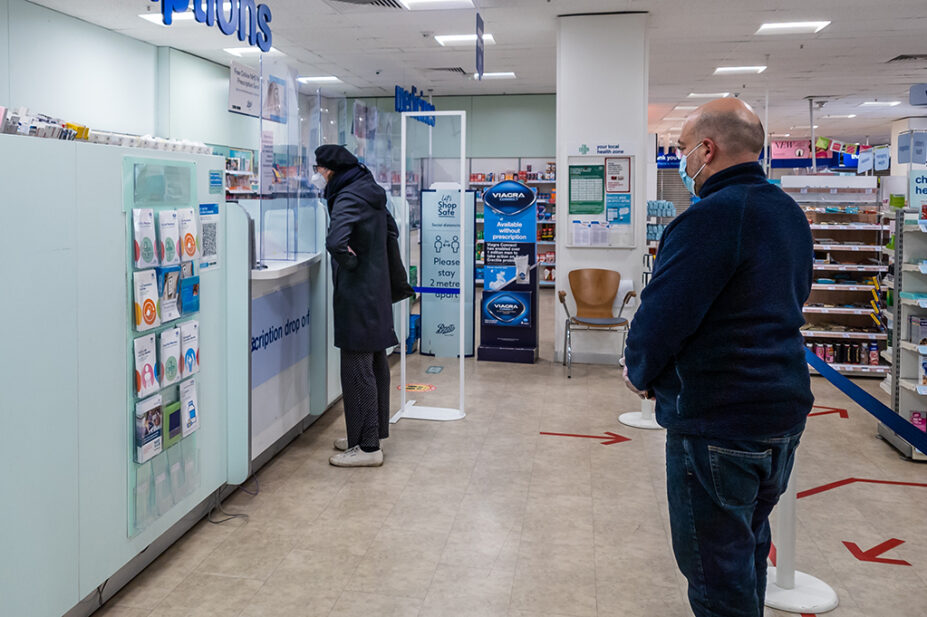
Shutterstock.com
The number of consultations under the ‘Choose Pharmacy’ pharmacist independent prescribing service (PIPS) in Wales has more than tripled over the past two years, Health Education and Improvement Wales has said.
Speaking at the Pharmacy Show, held in Birmingham on 12 and 13 October 2025, Karen Brambles, CPD regional lead for pharmacy in North Wales at Health Education and Improvement Wales, presented data showing that there was an increase in consultations of more than 200% in the first five months of 2025 — the most recent figures available — compared with the first five months of 2023.
The data also showed that there were 75,723 community pharmacy independent prescribing consultations carried out in Wales between January and May 2025, compared with 23,807 between January and May 2023 (see Figure).
The majority (90%) of patients were treated effectively by an independent prescribing pharmacist, while 9% were referred to another healthcare professional and 1% were referred to A&E or an out-of-hours service, the data revealed.
Brambles added that, as part of consultations, patients are asked what they would have done if the independent prescribing service was not available that day. “Data show that 90% of those would have made an appointment with a GP,” she said.
The ‘Choose Pharmacy’ service was first piloted in June 2020, before expanding in October 2021 to include a PIPS.
Under the service, pharmacists can prescribe for conditions including, ear, urinary tract, upper respiratory tract, skin and viral infections, as well as emergency contraception.
As of January 2025, around 220 pharmacies were delivering the PIPS service.
Alwyn Fortune, policy and engagement lead for the Royal Pharmaceutical Society Wales, commented: “This reflects the growing and essential role pharmacist prescribers play in improving patient access to care and supporting NHS capacity.
“The rapid expansion of the PIPS in Wales is delivering real benefits for patients, with pharmacists undertaking additional training and demonstrating their competence to manage a range of conditions that would traditionally have required a GP appointment.
“To build on this success, it’s vital that pharmacists are supported with protected learning time, appropriate resources and access to designated prescribing practitioners. This will ensure they can continue to provide safe, effective care for patients and help further embed prescribing into everyday pharmacy practice.”


